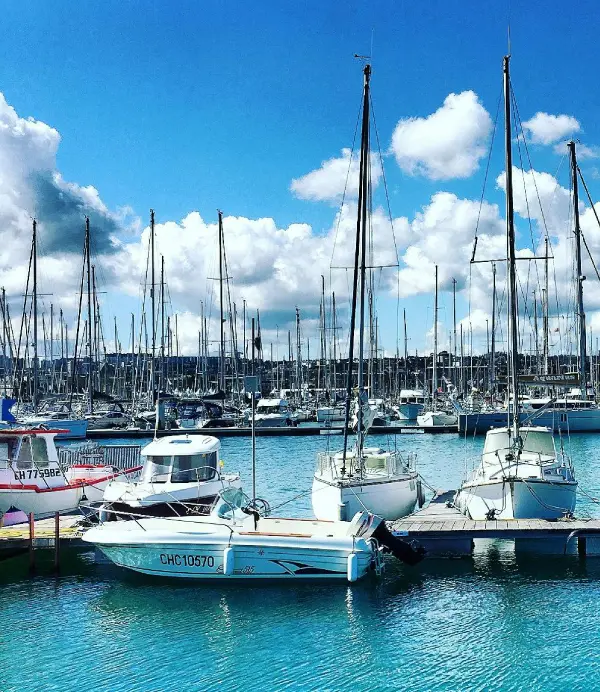Simon Marine Services
Frequently Asked Questions
Long Island Sound | Chesapeake Bay | Rhode Island
Comprehensive answers to commonly asked questions, addressing concerns and ensuring clarity for our valued clients.
What is the purpose of a marine survey?
Marine surveys are primarily used to provide potential buyers with the information that they need to make an informed purchase decision. They may also be used to assess a damaged vessel for insurance purposes, appraise a vessel that is being sold, or even serve as an expert witness in court.
Do You Need a Survey for Boat Insurance?
Have a Question?
Email us your questions and we’ll get back to you shortly
Is a marine survey worth it?
What does a full boat survey include?
A full boat survey, also known as a marine survey, is a detailed inspection of a boat’s interior and exterior, as well as its mechanical components. The surveyor will note any issues and provide documentation about the boat’s current condition, seaworthiness, and value. The survey will include:
- Structural integrity: The hull, deck, and superstructure will be examined for damage, corrosion, or weakness.
- Equipment: The engine, steering, pumps, bilge pumps, electrical, and plumbing systems will be inspected.
- Systems: The navigation, communication, and safety systems, including the GPS, radar, and life-saving equipment, will be evaluated.
- Overall condition: The boat’s cleanliness, maintenance, age-related wear and tear, connections, and deck fixtures will be assessed.
Is a Survey cost effective?
Surveys can be cost-effective compared to other data collection methods, such as interviews and focus groups. Here are some reasons why:
- Scalability: Surveys can be distributed to a large number of people at a low cost.
- Standardization: All respondents receive the same questions in the same format, which makes responses more comparable.
- Anonymity: Respondents may feel more comfortable sharing their true opinions when their anonymity is guaranteed.
- Automation: Online surveys can be processed automatically, and results are accessible at any time
How do I prepare for a marine survey?
Here are some ways to prepare for a marine survey:
- Clean the boat: Make sure the boat is clean and free of personal items.
- Have papers ready: Have registration papers, document manuals, owner’s guides, and user manuals on board.
- Ensure safety gear is compliant: Check that flares, PFDs, fire extinguishers, bells, and horns comply with federal regulations and update if necessary.
- Have batteries charged: Make sure all batteries are charged and in good condition.
- Prepare equipment: For pre-purchase surveys, have fresh water systems, air conditioning systems, and icemakers ready.
- Fix broken or inoperable items: Make sure any known broken or inoperable items are fixed.
- Have keys ready: Have the keys to the vessel’s ignition, as well as keys to all locks and cabinet spaces.
- Provide contact numbers: Provide contact numbers for the seller and buyer
How often should a boat be surveyed?
What are the benefits of marine surveying?
Can a boat be surveyed in the water?
What is the most common form of a marine surveyor?
How many years does a boat survey last?
How many years does a boat survey last?
A ship inspection assesses a vessel’s general condition, while a ship survey is a more thorough inspection that determines a vessel’s lines of possession.
What is the scope of the Marine warranty Survey?
MWS is typically a requirement of the insurance policy for the review and approval of high risk marine operations and transportations. If the MWS is satisfied that the risks are acceptable, they issue a Certificate of Approval (CoA). The CoA identifies the operation, the vessels and equipment to be used, and whether the CoA is subject to compliance with recommendations or requirements.
A marine warranty surveyor’s (MWS) scope of work includes:
- Inspection: An independent third-party survey inspection.
- Risk reduction: Reducing the risks associated with the operations to an acceptable level.
- Review and approval: Performing the review and approval activity.
MWS activities include:
Suitability surveys: Assessing the suitability of ships, barges, and tugs for their intended use.
On-hire and off-hire surveys: Comparing the condition of a vessel before and after a contract or phase to see if there was any damage.
Review of certificates: Reviewing certificates for cranes, slings, shackles, pins, jacking systems, mooring ropes, winches, classification certificates, bollard pull certification, and weighing certificates.
Review engineering documents and calculations: Review engineering documents and calculations, verify equipment and related certificates, review marine operation procedures, attend marine operations, prepare a report.
What is the marine warranty surveyor clause?
Schedule an Appointment
Schedule an appointment for your boat insurance survey today and ensure the safety and compliance of your vessel with expert assessment.
Conduct Survey at Your Convenience
Have your boat insurance survey conducted at your convenience for peace of mind and seamless compliance with maritime regulations and insurance requirements

